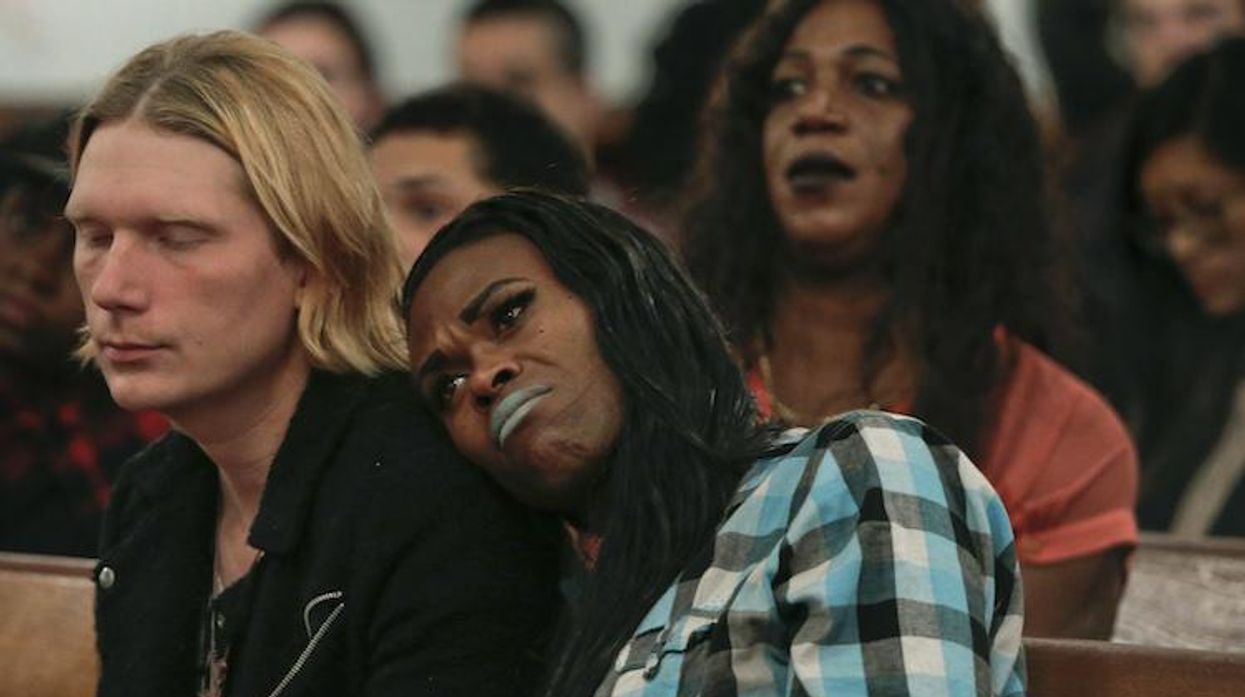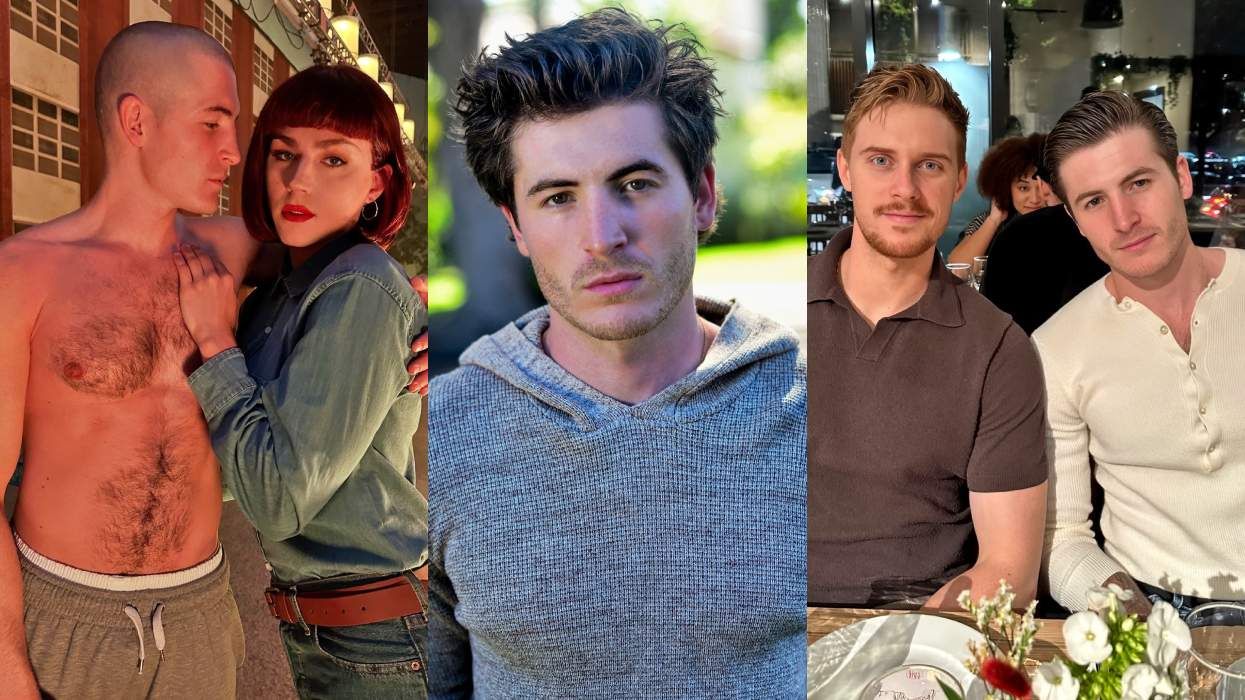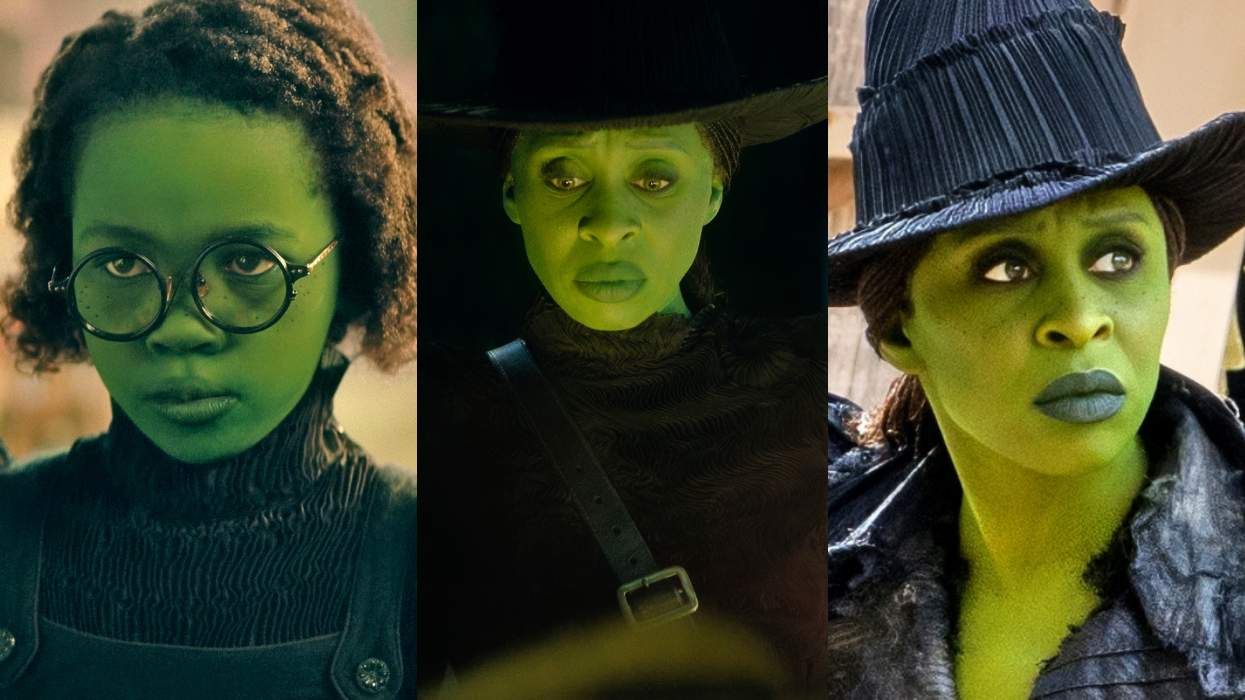Since Donald Trump was elected president, a wave of hate crimes targeting minority groups has swept the nation.
This has been shocking for many, but for transgender Americans this type of immense harassment, violence, and murder is nothing new. In fact, this year has eclipsed 2015 as the deadliest year on record for trans-antagonistic murders with 23 confirmed homicides so far--and these are just the one's we know of.
As a black trans woman, when I hear of another one of my trans sisters being attacked, a million thoughts run through my head. I wonder if I knew them. I wonder if justice will be served despite our attackers often being justified in their hate by others. I wonder if the victim is being respected in death with their correct identity.
And I wonder if what has happened to them will be taken seriously, because historically it rarely has been.
Just a few years ago, it wasn't uncommon for transgender victims to have their names and gender incorrectly identified in news reports. When trans people were murdered, their "sex assigned at birth"--or whatever was listed on their birth certificate--was what was use in reporting, not the identity they themselves saw as their truth. This erased their lives, even after their deaths.
While this maligned practice hasn't been completely eradicated, through increased visibility and pressure from the transgender community there's been a concerted effort to hold public officials, law enforcement, and the media accountable. And since we can't bring back the trans people who have been slain at this point, we can use what we have learned so far about the threats facing our community to forge a better path.
Mic contributing editor Meredith Talusan is unveiling a new project, Unerased, that tracks the deaths of transgender people in 2017 with the hope that encouraging accurate reporting on the deaths of our fallen brothers, sisters, and siblings can transform how transgender lives and experiences are treated and discussed in mainstream media.
I chatted with Talusan to learn more about this important new tool and to understand why a problem must be counted before it can be solved.
Out: Why is this project necessary, and how do you foresee collecting this data supporting the trans community?
Meredith Talusan: For many people, and especially people in positions of power who create policies and run institutions, a prerequisite for recognizing a problem as a problem is to be able to quantify it. And because the federal government has so far not collected data on trans-related murders systematically, LGBTQ organizations and activists have been doing so, in order to try to demonstrate and quantify the crisis
In turn, we at Mic have endeavored to further their efforts by trying to track down cases that have not been accounted for, interviewing family members and loved ones, and tracking down important information that has not been systematically recorded like the rate of unsolved cases as well as prosecution outcomes. We hope that this could lead to greater awareness and concrete action from people and institutions who are in a position to help address the underlying problems that lead to the murder of transgender people.
How do you think having this data could increase the attention placed on trans murders?
So far, news reports about trans murders have largely consisted either of individual incidences of transgender murder or lists of people who've been murdered in a given year. This doesn't give us enough insight into the scale and specificity of the epidemic of trans murders especially among black trans women and gender-nonconforming femmes.
We at Mic hope that by studying the problem systematically over this decade, interviewing experts in various fields, and creating visualizations that account for the problem statistically, this would give the public a much stronger sense of the crisis of violence that the trans community is dealing with.
What are the limits of this tracking project?
The project has many limitations. The fact that the U.S. census does not track transgender people and the FBI doesn't track transgender murders are big ones. We need to know how many trans people there are in the U.S. to understand the murder rate for trans people, and we, through the help of social epidemiologist Alexis Dinno, had to rely on small survey samples rather than a much more reliable national census.
Also, we and the National Coalition of Anti-Violence Projects, which provided us with some of our data, had to rely largely on media reports to find transgender victims, and those are inherently less reliable than if law enforcement agencies are able to track transgender victims in the first place.
Why do you think it's taken so long to have a resource like this?
Trans people, and especially black transfeminine people who became the particular focus of this project in the course of our investigation, live at an intersection of identities that are marginalized and overlooked in society, and the media is not exempt from that process in terms of who gets to define its priorities and interests.
I believe that it has required a really bold vision from a forward-thinking news organization like Mic to make such an ambitious project happen.
How can people submit information about trans murders that haven't been captured?
People can submit information to tips@mic.com or through a form at the bottom of the Unerased feature.
Raquel Willis is a writer, media strategist and activist based in Oakland, CA. She is also the communications associate for Transgender Law Center. Her goal is to inspire and uplift marginalized individuals, particularly trans women of color.































